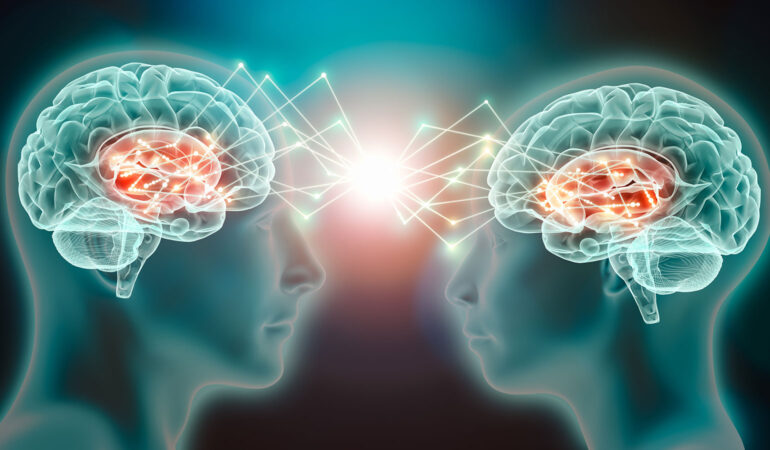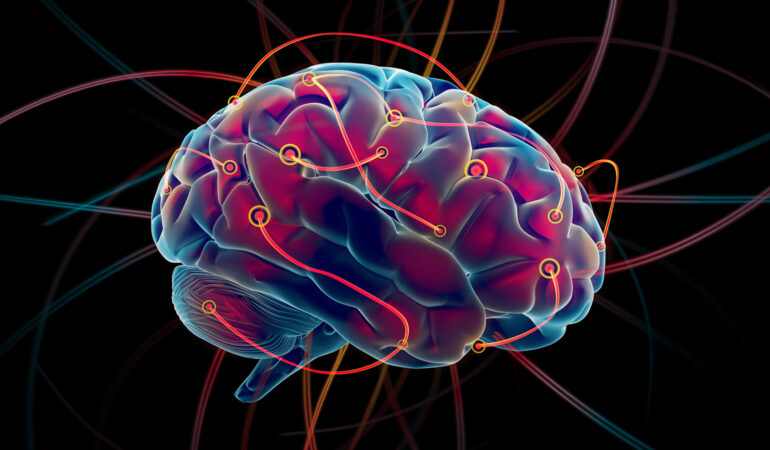November / December 2023 Volume 22, No.6
Maybe I Was Overreacting: A MedFT’s Role with Autism Spectrum Disorder
One in 44 children was diagnosed with autism in 2020 (Maenner et al., 2021), or approximately 1.7% of children in the United States (Bridgemohan et al., 2019). Despite increasing autism awareness, parents still express dissatisfaction with care from their primary care physician (PCP; Carbone et al., 2010). One-third of parents expressed concerns with the diagnostic [...]
Read MoreNovember / December 2023 Volume 22, No.6
What Is “Science-based” Therapy and How Do I Practice It?
After a decade of working with clients, there are important questions I’m asking myself. Why do I use the theories I use? What makes therapy effective? Why do some clients fail to meet treatment goals? And how do I practice science-based therapy? These questions are related, but the very last question is the one I’ll [...]
Read MoreSeptember / October 2023 Volume 22, No. 5
Neurocriminology: A Call on Marriage and Family Therapists and Allied Disciplines to Become Informed
Neurocriminology is an interdisciplinary subfield of criminology that incorporates methodological approaches from neuroscience, physiology, genetics, biology, and psychology. The goal of neurocriminology is to better understand, predict, prevent, and treat criminal and violent behaviors. Although there is no single determinant of such actions, neurocriminology strives to identify different risk factors that increase the likelihood of [...]
Read MoreSeptember / October 2023 Volume 22, No. 5
Culturally Informed Marriage and Family Therapy with the Chinese Population
In light of the growing recognition of the importance for marriage and family therapists (MFTs) to be sensitive to their clients’ cultural backgrounds and memberships, this article is intended to provide several culturally-informed clinical suggestions for therapists applying Western-based MFT theories, models, and concepts to the Chinese population. When the authors use the term “Chinese [...]
Read MoreJuly / August 2023 Volume 22, No. 4
Family Therapy Has Always Evolved – Now Includes Sibling Therapy
I had the good fortune of having discovered the field of family therapy before there were separate schools. I was living in Boston in the late ‘60s and early ‘70s. Some of the noted early pioneers would travel around the country offering one-day trainings. They each had their own special orientation. Some just did a [...]
Read MoreJuly / August 2023 Volume 22, No. 4
Consensual Non-Monogamy and Attachment Styles
Marriage and family therapists (MFTs) have a unique skillset to manage complex relationships between client constellations, a skill which is essential for working with people in consensual non-monogamous relationships (CNMRs). With around 5% of the population in the U.S. being involved in a CNMR (Ka et al., 2022) and sexual minorities being more likely to [...]
Read MoreJuly / August 2023 Volume 22, No. 4
The Power of Coming “Out”: Creating Safe Spaces for Young People to be Themselves
Recently, I had the pleasure and privilege of a teenager coming out to me as gay. The process of this discovery was a long one. He disclosed to me that he had seen a movie, Call Me By Your Name, that he found arousing. We had a long conversation about sexuality and how it falls [...]
Read MoreMay / June 2023 Volume 22, No. 3
Part 2 Working with the Sexual Cycle in Couples Therapy: Who, What, When, Where, Why, and How
Emotional and Sexual Cycles & Attachment Styles In our first article, What Are Sexual Cycles and Why Work With Them, we presented an overview as an introduction to help couple clinicians work with the sexual cycle as intently as with the emotional cycle, and to forge the strongest bond in couples’ bodies, minds, and hearts. [...]
Read MoreMay / June 2023 Volume 22, No. 3
Did You Marry Your Sibling?
Perhaps you’ve never thought of it, but if siblings are relatively close in age, childhood was their first experience of living with someone of the same generation. In fact, the early childhood sibling relationship could be considered a laboratory for all subsequent (adult) relationships. Did they learn to fight cleanly, or did they counter-attack, withdraw, [...]
Read MoreMarch / April 2023 Volume 22, No. 2
Part 1 Working with the Sexual Cycle in Couples Therapy: Who, What, When, Where, Why, and How
What Are Sexual Cycles and Why Work With Them? In this article, we want to help couple clinicians work with the sexual cycle as intently as with the emotional cycle, to forge the strongest bond in couples’ bodies, minds, and hearts. When we fall in love, we all ache to be loved deeply and desired [...]
Read More








